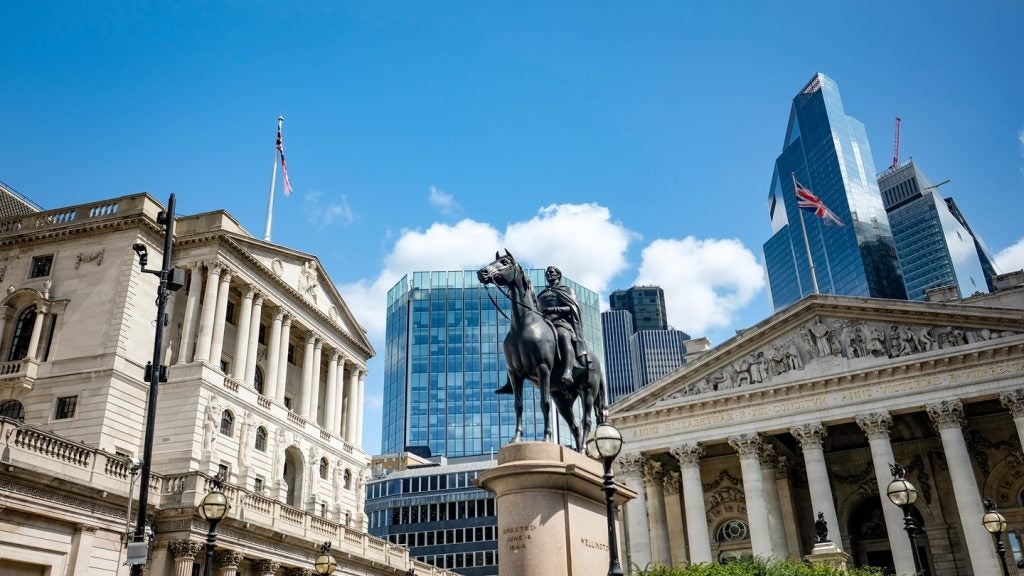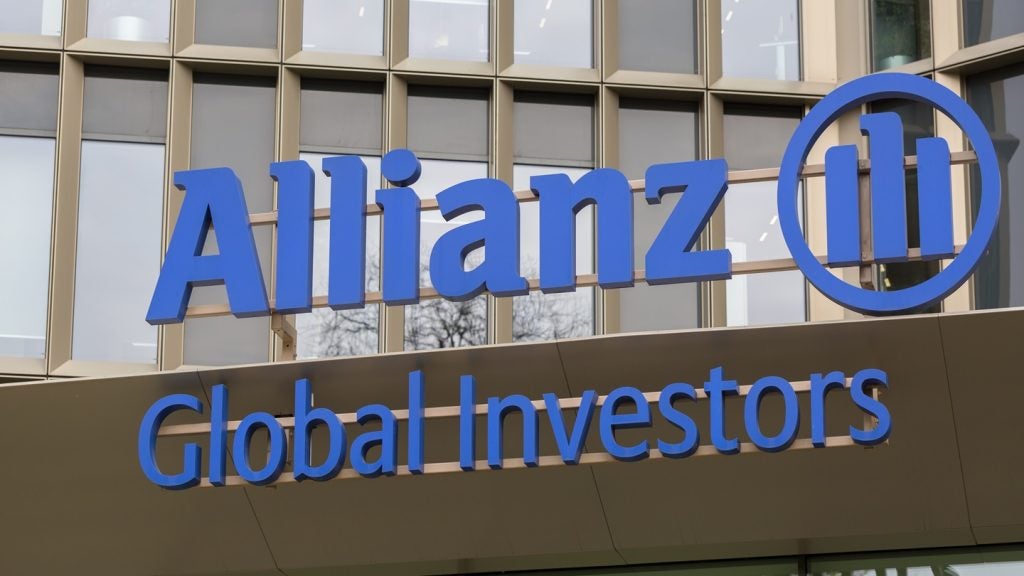
The UK 2020 Budget may not look like it will affect the private banking sector heavily, but there are certain factors. Aiding entrepreneurs and investors is sure to add wealth to many in the mass affluent band. This can only be good for the private banking and wealth management sector. Patrick Brusnahan asks the experts for their opinions
While Entrepreneurs’ Relief limits are controversial, other ways to pass on wealth are being aided, such as through pensions. Inheritance tax was left untouched.
A big announcement was the change of pension relief limits, which have caused many senior doctors to cap their working hours, lifting the level of the tapered annual allowance threshold from £110,000 to £200,000.
Roger Clark, head of wealth management, Brown Shipley
Whilst we would have preferred simplification of the pensions system, the increase to both the threshold and adjusted income levels is welcomed for all high earners. Those with income under £200,000 will no longer be restricted when making pension contributions.
As well as addressing the concerns of many senior NHS clinicians, some of whom were concerned that working additional hours would saddle them with unwelcome tax liabilities, this will encourage all high earners to continue funding for their retirement.
At a time when young families are struggling to save for a house deposit let alone plan their retirement, pensions remain a tax efficient way to pass wealth to future generations.
Katharine Arthur, partner, haysmacintyre
The Chancellor backed down from calls to abolish Entrepreneurs’ Relief but chose instead to reduce the lifetime limit from £10m to 2008 levels. This move suggests the chancellor wants a thriving private sector but not one that is too successful as the 10% Entrepreneurs’ Relief now only applies to gains of up to £1m. This will be a blow to ambitious entrepreneurs and risk takers whose effective rate of tax over that threshold will be doubled, potentially leading to the delay in the sale of some businesses.”
Cyrique Bourbon, Asset Allocation Strategist at Brown Shipley, said:
It’s clear from the scale of today’s fiscal intervention that the Chancellor certainly agrees with Governor Mark Carney that the actions taken this morning were “a big deal”. The combined effort from the Government and the Bank of England signal a real fear that small and medium business may struggle to access finance throughout this challenging period, which could lead to permanent economic damage if allowed to happen.
There are a number of necessary measures to support the business community, but as governments and central bankers around the world have seen many times – that which is given easily is difficult to take away.
Chris Groves, partner, Withers
In a Budget that was always going to be overshadowed by the coronavirus, spending and investment had long been trailed as the focus and Rishi Sunak did not fail to deliver.
Perhaps the only surprise was the lack of tax rises to offset the increased spending, with only the expected reduction in the entrepreneurs’ relief lifetime allowance to £1m from £10m hitting taxpayers in the pocket
Mr. Sunak started to use the freedom that leaving the EU will give him, firstly removing VAT on sanitary products, but also introducing (from April 2021) a 2% surcharge for foreigners buying residential property. The SDLT increase was first proposed by Philip Hammond in 2018 at a rate of 1%. Agents will hope that this leads to a short term surge in foreign buyers seeking to complete purchases before the new rate kicks in.
Helen Clarke, tax partner, Irwin Mitchell
The announcement from the Chancellor that Entrepreneurs Relief will be changed to a maximum of £1m is restricted as predicted, but perhaps in simpler terms than it might have been.
The Government’s objective is clear that they are investing in growth and supporting businesses in this cycle rather than giving big tax breaks, supporting the economy as well as research and development.
However, a 90% cut is a big loss to those entrepreneurs who will see their rate of Capital Gains Tax double from 10% to 20%. Many serial entrepreneurs will already have used their £1m allowance, and so will be most impacted by this change.







